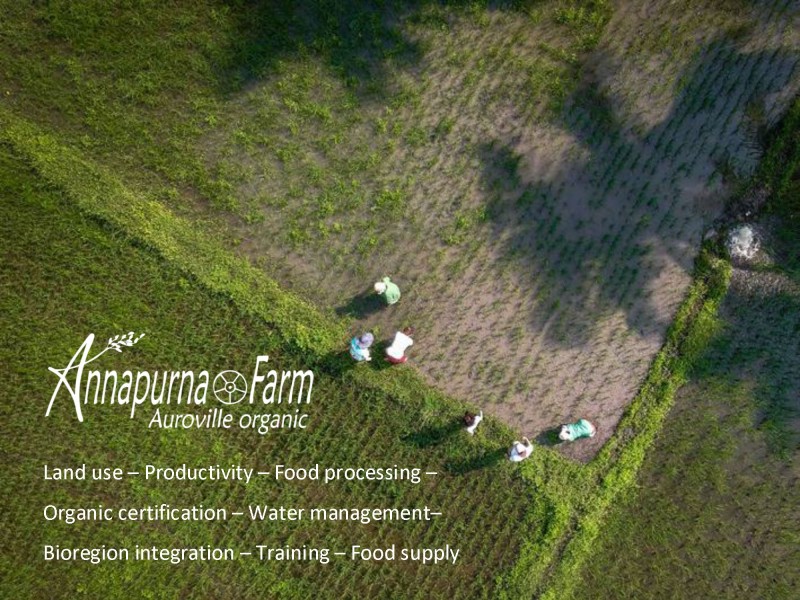IIT Madras-Auroville MoU for clean technology sparks concern among residents
– Shivani Chaturvedi
In July 2025, the Auroville Governing Board signed an agreement with IIT Madras to earmark 100 acres of land in the township for a new sustainability campus. The institute says the campus will focus on clean technology, including a 20-acre test track for electric trucks under its Centre of Excellence for Zero Emission Trucking. For IIT Madras, this is about expanding its research footprint and building solutions for India’s future in mobility and clean energy.
“Our goal is to build solutions for India’s future in sustainable mobility and clean energy,” said a faculty member associated with the project. “Auroville is the right place to do this because of its global reputation for sustainable living.”
But many in Auroville see the plan very differently. The land identified for the project overlaps with Annapurna Farm and Auro Orchard, which for decades have supplied rice, grains, fruits, and vegetables to the community. For those who work on these farms, the land is not just a resource but the backbone of Auroville’s food security and a living example of the township’s founding vision of self-sufficiency.
“As someone who has seen Auroville grow from barren land into a model of ecological regeneration, I feel Annapurna Farm must be protected as non-negotiable,” says T.L. Nandagopal Chairman of Gandhi Foundation, Tiruvallore, who worked in Puducherry from 2018 to 2023.
“It is not just farmland but the grain basket of Auroville, feeding the community with rice, dairy, fruits, and oilseeds, while preserving organic seeds, sustaining local livelihoods, and embodying the township’s founding vision of self-sufficiency. Handing it over for an IIT campus risks dismantling the very foundation of food security and ecological balance that Auroville stands for. If IIT truly wants to partner with Auroville, it should look to non-arable land or collaborative agro-tech research, so that it strengthens Annapurna rather than replaces it. The choice is simple: development must not come at the cost of the community’s lifeline,” he says.
The announcement has sparked strong opposition from a section of residents who feel that the decision was taken without proper consultation and without considering the long-term impact on Auroville’s ecological balance. In mid-August, a petition titled “Save Annapurna Farm from IIT Campus Conversion” was launched and has already gathered more than 2,700 signatures. For those who signed, the issue goes beyond land use—it is about safeguarding Auroville’s commitment to farming, community living, and ecological responsibility.
The Governing Board and Working Groups of Auroville have pushed back against these concerns, arguing that many of the fears are based on speculation. In a statement, they stressed that the campus would be developed with environmental safeguards and could bring new opportunities to the township in the form of education, training, and global collaboration. “This is not about destroying Auroville,” a spokesperson said. “It is about strengthening its global role in sustainability.”
The debate has therefore become a clash of two very different ideas of what sustainability means. For IIT Madras, it is about building laboratories, test tracks, and technology for the future. For many Auroville residents, it is about protecting farmland, growing food, and living within ecological limits. Both sides speak the language of sustainability, but they imagine it in very different ways.
As plans for the campus move forward, Auroville finds itself at a crossroads. Supporters see the project as a chance to connect local ideals with global science, while opponents view it as a threat to the farms that nourish their community. What remains uncertain is whether these two visions—one technological, the other agricultural—can find common ground on the same stretch of land.
Also read: Ladakh LG promotes monk education, green energy and water reforms
















Add comment